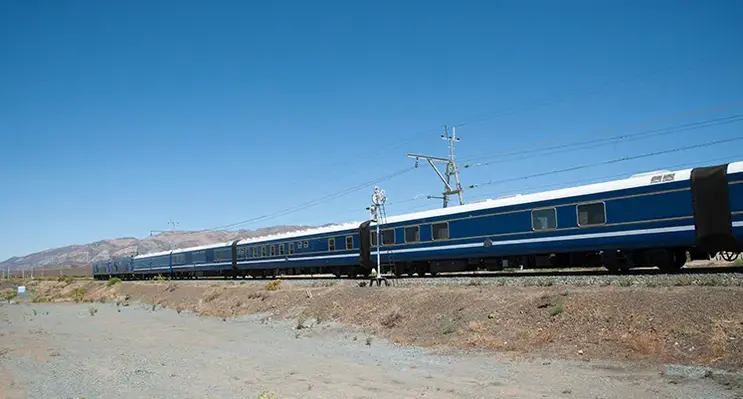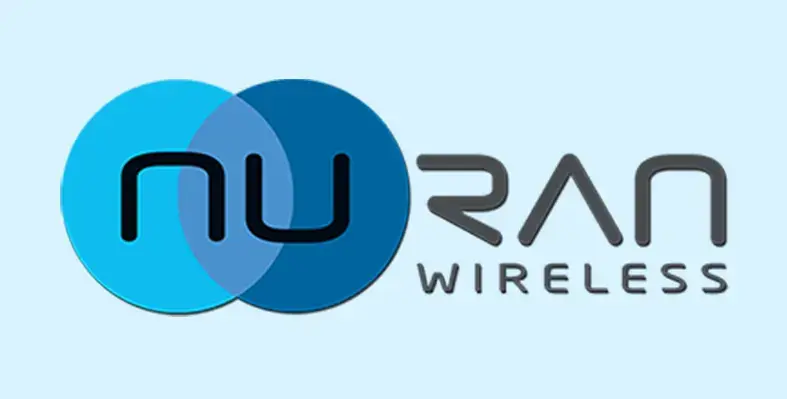
Partnership with Sterling Bank empowers Nigerians abroad with faster, transparent, and reliable money transfers
Thunes has announced a strategic collaboration with Sterling Bank, one of Nigeria’s leading full-service commercial banks, to enhance cross-border payments for Nigerians in the diaspora
The partnership aims to simplify, accelerate, and secure money transfers, setting a new standard for sending funds home.
With approximately 17 million Nigerians living abroad, the need for reliable, transparent, and fast financial connections has never been greater. Leveraging Thunes’ Direct Global Network, Sterling Bank will roll out this enhanced capability across multiple European markets, providing diaspora customers with a consistent, seamless way to support their families and manage finances.
Through this collaboration, both new and existing Sterling Bank account holders can now enjoy instant, secure cross-border payments. Research conducted by Thunes indicates that for nearly half (46%) of diaspora consumers in Europe, sending money home is a routine and essential activity, comparable to paying rent or utilities.
Daniel Parreira, senior vice-president, sales – Africa at Thunes, said, "Welcoming Sterling Bank to our Direct Global Network marks another significant milestone in our expansion across Africa, and the trust in our infrastructure across the continent. Together, we're enabling a new level of convenience, speed, and confidence for customers managing finances across borders. This alliance demonstrates our ongoing dedication to making global money movement instant, transparent and accessible for all."
Ayodeji Saba, head, Switch & Remittances at Sterling Bank, added, "This partnership reflects Sterling Bank's deep commitment to making it easier for Nigerians abroad to send money home. With Thunes' trusted technology, we're giving our customers a faster, more reliable, and more affordable way to fund their Sterling Bank accounts from their foreign bank accounts. It's a major step forward in improving the experience for our diaspora community."
This collaboration underscores both companies’ shared commitment to financial inclusion and community empowerment, helping Nigerians abroad manage their finances efficiently while supporting Thunes’ mission to onboard the next billion end users in emerging markets into the global economy.

























